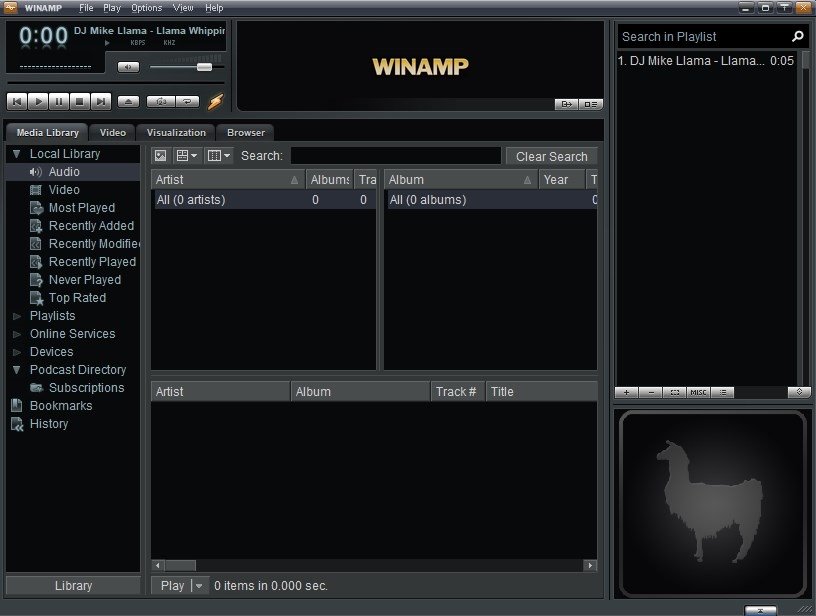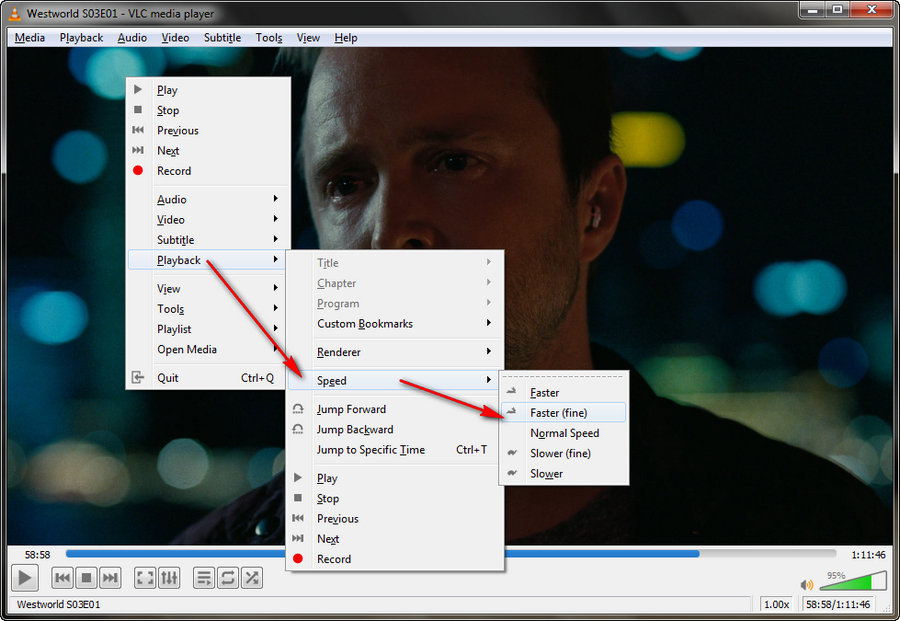
Researchers at Symantec, an arm of American semiconductor manufacturing company Broadcom, discovered that after getting access to the target PC, the attacker used the popular VLC Media Player to install a modified loader on compromised devices.īecause the mobile apps are hosted on Google’s PlayStore and Apple’s App Store servers, and not on the servers where the desktop versions are hosted, they are deemed safe and hence have not been banned. The hacking has been traced to threat actor Cicada, also known as menuPass, Stone Panda, Potassium, APT10 and Red Apollo, which has been active for over 15 years. The cyberattack by Cicada is said to be spread across three continents and is aimed at espionage and has targeted numerous groups involved in political, legal, and religious activities, as well as non-government organisations (NGOs). These hackers mainly targeted users who were downloading their files from the website. In April this year, cybersecurity experts claimed that a hacker group based out of China named Cicada were using VLC Media Player to deliver malware in systems as part of a cyberattack campaign backed by the Chinese government. Moreover, people who have the application installed on their systems can still use the system.

People who have the installation files on their local devices or cloud storage can still install the program. Ideally, one should always download software, even freeware like the VLC Media Player from authenticated and the official website.


Users can still download the app from popular hosting sites and other third-party websites, but such downloads usually have the risk of carrying infected files that can enable malicious actors to cause some serious damage. VLC threatens to sue DoT and MeitY for blocking website, stopping users from downloading application VLC 3.0 arrives with support for HDR, 360-degree video, 3D audio and Chromecast streaming


 0 kommentar(er)
0 kommentar(er)
